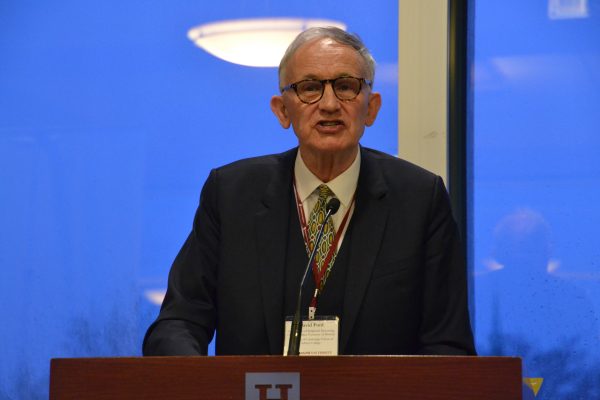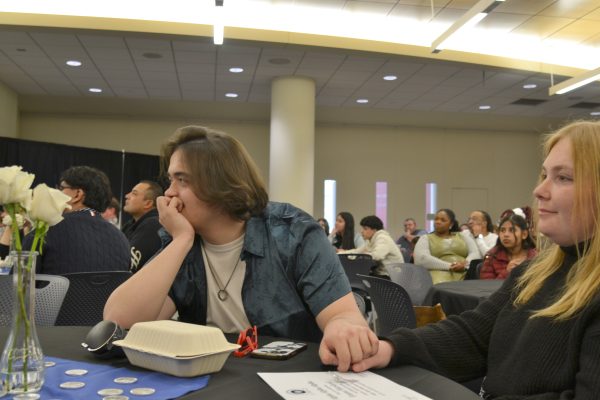Strike over, educators win concessions
After striking for 14 days, over 3 school weeks, Minneapolis Public Schools and the Minneapolis Federation of Teachers local 59 came to a tentative agreement that striking educators ratified.
April 11, 2022
After a three-week strike, teachers, students and staff have finally returned to schools on March 29. Minneapolis Federation of Teachers local 59 (MFT) authorized a strike on March 7 and officially began striking on March 8, forming large picket lines outside of Minneapolis schools; they held the line for 14 days, over three school weeks.
MFT and MPS announced they had reached a tentative agreement on March 25, and shortly after MPS began contacting parents telling them to expect school to start on Monday, March 28; importantly, this was before many striking educators had even seen the agreement and before they had voted to end the strike and approve the plan.
Educators ultimately ratified the tentative agreement on March 27; but students did not return to the classroom until March 29, with that Monday being a teacher work day to prepare for the week. Staff had been locked out of their MPS emails and many of their digital lesson plans since the onset of the strike.
In the ratified agreement, MFT fought for– and achieved– class size caps in their contracts. They are only the second contract in the State to implement caps in their contract, with Saint Paul Public Schools and the Saint Paul Federation of Educators local 28 being the other.
Kelly McCollow, a Hamline alum, and MPS employee was on strike with the union.
“We are understaffed and overworked. I am an [Education Support Professional] ESP and we make around $24,000 a year. I’ve been bit, hit and have to run to chase students who are deemed “flight risks.” We were able to secure a raise, but we don’t get 40 hrs a week and aren’t included in staff meetings. We wanted a much more significant raise but we weren’t able to get that,” McCollow said.
Additionally, ESP won a $2 per hour raise, with some getting as much as a $4 per hour raise. Also within the agreement, some ESP will have the opportunity to work 40 hours a week, equating to a salary of $35,000. Due to the agreement all ESPs will receive a $6,000 bonus over two years.
Mitchell Fettig is an MPS teacher, and was an MFT strike captain during the past month.
“We sought $35k starting salaries for the majority of our ESP staff, because their wages have been sorely lacking for many years, resulting in ESP educators needing to work multiple jobs and, in some cases, not being able to afford housing. Together, we achieved significant pay increases for our ESP,” Fettig said.
Teachers fought for cost of living raises, while it wasn’t as much as some wanted, the tentative agreement awards a 2% raise this year, with retroactive pay from when their previous contract expired, and a 3% raise next year. Licensed staff will earn a $4,000 bonus in April as well.
Beyond those three major issues, the union was able to add contract language to protect staff and teachers of color from layoffs, and the district will begin conducting exit interviews to staff of color who quit, to try to learn and attract more professionals of color to the district. MFT fought for and won expanded mental health support, reducing school psychologist ratios, and requiring staff like social workers, nurses and counselors to be in every single school.
“The strike was about more than just money- other major concerns included class size language, anti-bias anti-racist, ‘ABAR,’ language to shield educators of color from layoffs and mental health supports in every school. In the end, we achieved all those goals, even though we must acknowledge there is still much work to do,” Fettig said.
While educators acknowledge that they didn’t win everything they fought for, they saw it as an important step, and demonstrated their power when they stick together.
“No changes will happen overnight and most will be implemented next school year, but it was worth the three weeks on the picket line to make sure students got the staff and schools they deserve. I was able to build community with my coworkers and feel a connection that I haven’t felt before at work,” McCollow said.





